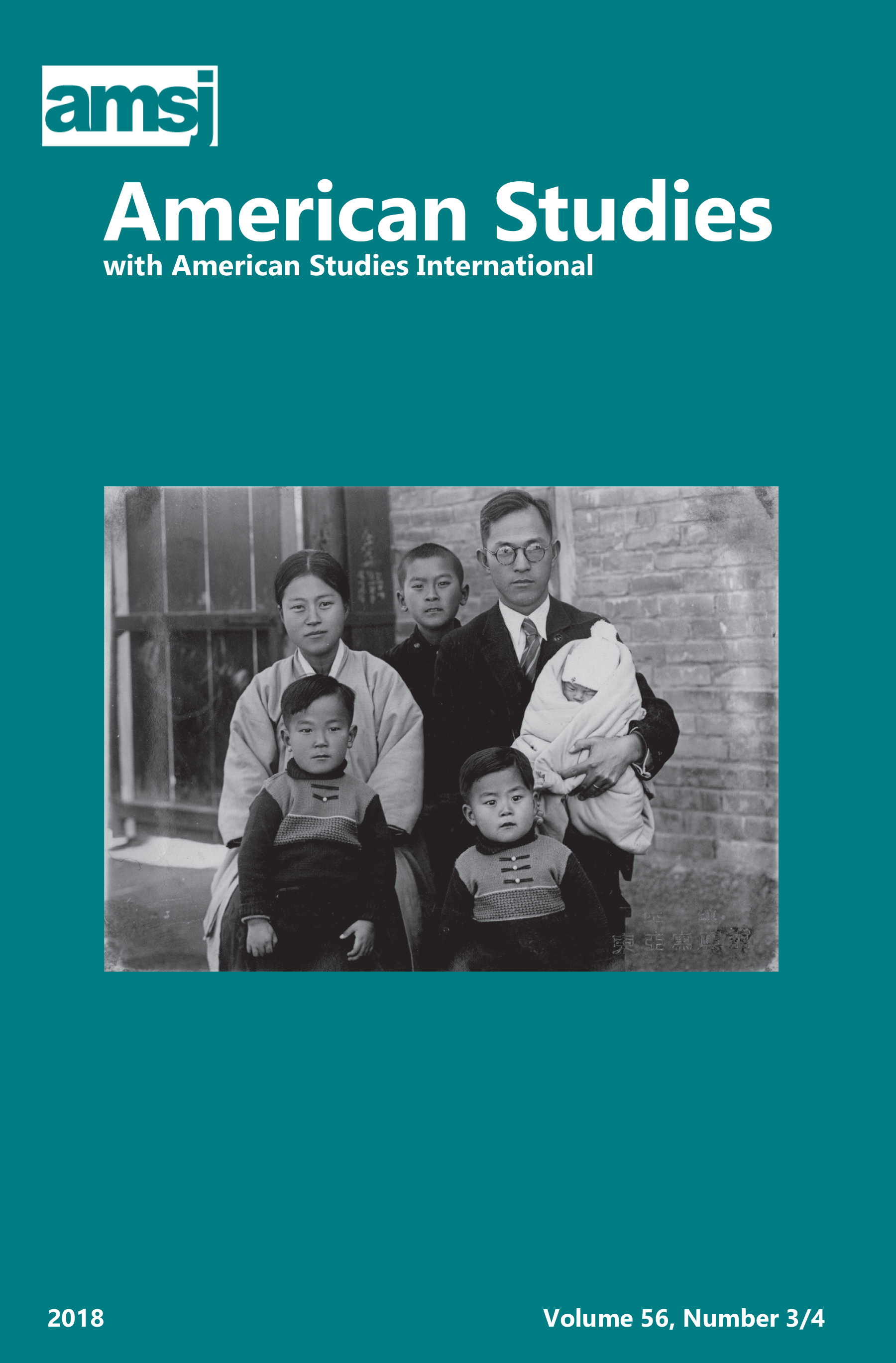Abstract
During World War II, the United States government interned over 110,000 people of Japanese ancestry. The losses of internment were innumerable: internees had to abandon most personal possessions and leave their friends, homes, and communities, all while mainstream American culture rarely acknowledged these losses. This article explores how Japanese American cultural production helped reshape mainstream conceptions of internment loss, focusing on the immediate post-war period and Miné Okubo’s innovative graphic text, Citizen 13660, the first Japanese American memoir published post-war. Numerous scholars mention Citizen 13660’s mournful notes, but the criticism does not offer a sustained engagement with Okubo’s depictions of public grieving. Such representations expand the range of emotional expressions available to Japanese Americans in the 1940s. However, Okubo signals an awareness of how the greater American public was ill-equipped to comprehend Japanese American grief. I argue that Okubo critiques the stereotype of the “inscrutable” Asian American subject by employing her own aesthetic of inscrutability through her rhetoric and images. If there is no outlet through which Japanese Americans can process or even speak the injuries and losses brought upon them, grief is a forbidden emotion, unreadable in the dominant modes of the time. This text interrogates such denials, working beyond the compulsory restraints of Japanese American self-representations by juxtaposing the supposed lack of interiority with external shows of emotion. The collapsing of categories throughout Okubo’s text thus disrupts representational paradigms of Japanese American experience, opening the door for new representational and reception possibilities.
All items © Mid-America American Studies Association
Authors: If you prefer to remove your text(s) from this database please contact the editor.

